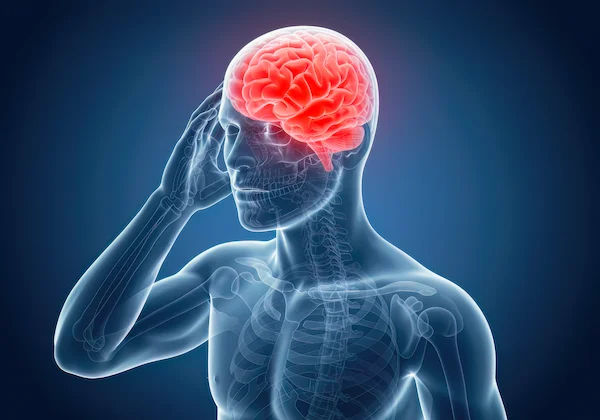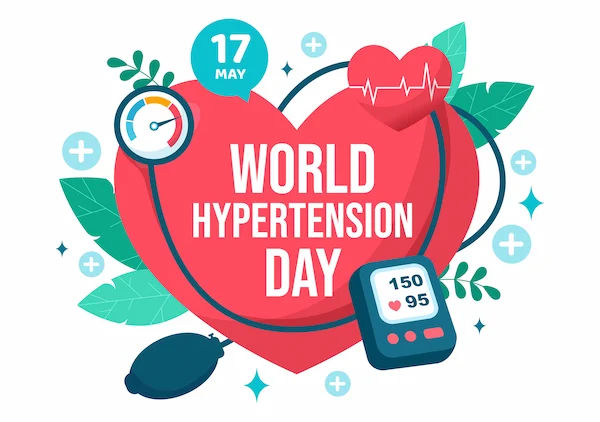Hypertension Causes and Treatment
Explore the key causes of hypertension and proven treatments to control high blood pressure. Gain insights to improve your health and reduce the risk of complications.

Written by Dr Sonia Bhatt
Last updated on 13th Jan, 2026
Hypertension, also known as high blood pressure, is a medical condition where the force of blood against the artery walls is consistently too high. Despite being a common condition, it’s often misunderstood or overlooked, affecting nearly half of adults worldwide.
It’s like an invisible enemy, quietly putting your health at risk. Understanding what causes it and how to treat it can make a big difference in your life. Let’s understand the basics, so you feel confident in taking charge of your health.
What is Hypertension?
Hypertension happens when the force of your blood pushing against the walls of your blood vessels is consistently too high. Take garden hose as an example. When the water pressure is too strong, it can damage the hose over time.
That’s exactly what happens to your arteries when your blood pressure is too high. Uncontrolled hypertension can lead to serious health problems like heart disease, stroke, and kidney issues. The good news is that it’s manageable with the right knowledge and steps.
Causes of Hypertension
There are two types of hypertension:
- Primary Hypertension: Most people with high blood pressure have what’s called primary hypertension. This type develops over time and is often linked to lifestyle and genetics. Factors like eating too much salt, not getting enough exercise, or being overweight can play a role.
- Secondary Hypertension: Some people have secondary hypertension, which means another health issue, like kidney disease, hormonal imbalances, or certain medications that cause it. In these cases, treating the underlying condition can help bring blood pressure back to normal.
Risk Factors for Hypertension
Certain factors increase the risk of developing hypertension. These include age, genetics, lifestyle choices like poor diet, lack of exercise, and stress.
1. Non-Modifiable Risk Factors
These include some variables that are not changeable, like:
- Age. Blood pressure tends to increase as we get older.
- Family History: If your parents had high blood pressure, your chances are higher, too.
2. Modifiable Risk Factors
Many risk factors are within your control, like:
- Diet: Consuming too much sodium (salt) and not enough potassium-rich foods like fruits and vegetables can raise blood pressure.
- Physical Activity: A sedentary lifestyle makes your heart work harder than it should.
- Stress: Chronic stress can contribute to hypertension over time.
- Smoking and Alcohol: Both can damage your blood vessels and raise your blood pressure.
Pathophysiology of Hypertension
The vascular system is essential for regulating blood pressure and delivering oxygen and nutrients throughout the body. In hypertension, blood vessels become less flexible or narrowed, increasing resistance to blood flow. This added strain raises blood pressure, contributing to the progression of the condition over time.
Here’s how it affects your system:
- Heart Damage: High blood pressure forces your heart to work harder, weakening it over time and making it less efficient at pumping blood. This increases the risk of heart attacks, heart failure, and other cardiovascular diseases.
- Brain Damage: High blood pressure also affects your brain's blood vessels, raising the risk of strokes and cognitive decline. Reduced blood flow can also lead to memory problems and conditions like vascular dementia.
- Kidney Damage: Hypertension damages the blood vessels in the kidneys, impairing their ability to function properly. Over time, this can lead to kidney disease or even kidney failure.
Symptoms and Complications of Hypertension
Hypertension is often called the “silent killer” because it typically doesn’t show symptoms until it’s already caused significant damage. This is why regular check-ups are important. You may feel fine even with high blood pressure, but that doesn’t mean your body isn’t being affected.
In severe cases, symptoms might include headaches, shortness of breath, nosebleeds, and dizziness. If left untreated, hypertension can lead to life-threatening complications like strokes, heart attacks, or kidney failure. These are serious conditions that can severely impact your quality of life or even be fatal.
It’s much better to identify hypertension symptoms early on. Regular blood pressure monitoring, along with adopting healthy habits, is vital in preventing complications and ensuring long-term health.
Diagnosis of Hypertension
Diagnosing hypertension is quick, easy, and non-invasive. The process typically starts with a blood pressure measurement. A cuff is placed around your arm, and it inflates to measure the pressure in your arteries. A normal reading is 120/80 mmHg, while anything consistently higher than 140/90 mmHg indicates high blood pressure.
If necessary, your doctor may order additional tests to rule out underlying causes or complications. These can include blood tests, urine tests, or imaging like an ultrasound or ECG to assess your heart and kidneys.
These tests help identify any damage caused by high blood pressure or other health issues that may be contributing to it. Early diagnosis through regular check-ups is crucial to managing hypertension and preventing long-term health problems.
Get Tested for Hypertension
Treatment of Hypertension
Sometimes, small tweaks in your daily habits can have a massive impact. Here are some tips:
- Eat Healthier: Focus on fruits, vegetables, whole grains, and lean proteins. Reduce salt and processed foods.
Get Moving: Aim for at least 30 minutes of moderate exercise most days of the week. Walking, swimming, or cycling are great options. - Manage Stress: Try relaxation techniques like yoga, meditation, or deep breathing.
- Quit Smoking: It’s tough, but there are programmes and resources to help.
- Limit Alcohol: Stick to one drink per day for women and two for men.
If lifestyle changes aren’t enough, your doctor might prescribe medication. Common options include:
- Diuretics: Helps your body get rid of excess salt and water.
- Beta-blockers: Slow your heart rate, reducing pressure on your arteries.
- ACE Inhibitors: Relax blood vessels, making it easier for blood to flow. Always follow your doctor’s advice and take medications as prescribed.
Living with Hypertension
Living with high blood pressure doesn’t have to be overwhelming. Here are some practical steps:
- Monitor Your Blood Pressure: Home monitors are affordable and easy to use. Keeping track helps you stay on top of changes.
- Stick to a Routine: Take medications, exercise, and eat healthy consistently.
- Find Support: Join a community group or talk to friends and family about your goals. You don’t have to do it alone.
Prevention of Hypertension
Prevention is always better than treatment. Start with a few simple habits like eating healthy. Choose a diet low in salt and rich in potassium, like the DASH (Dietary Approaches to Stop Hypertension) diet.
Find activities you enjoy to make exercise fun. Prioritise self-care and take time to relax. Avoid smoking and excessive alcohol. These habits significantly raise your risk.
Conclusion
Hypertension is common, but you don't have to let it control your life. With the right information, lifestyle changes, and support, you can actively manage it and protect your health. Take charge by monitoring your blood pressure, eating a balanced diet, exercising regularly, and managing stress.
Small steps can lead to big results, so start today. Stay informed and take action, as your health is in your hands. No matter how small, every positive change brings you closer to a healthier, more vibrant version of yourself. Make your health a priority and notice the changes today!
Consult Top Cardiologists
Consult Top Cardiologists

Dr. Anand Ravi
General Physician
2 Years • MBBS
Bengaluru
PRESTIGE SHANTHINIKETAN - SOCIETY CLINIC, Bengaluru

Dr. Zulkarnain
General Physician
2 Years • MBBS, PGDM, FFM
Bengaluru
PRESTIGE SHANTHINIKETAN - SOCIETY CLINIC, Bengaluru

Dr. Tripti Deb
Cardiologist
40 Years • MBBS, MD, DM, FACC, FESC
Hyderabad
Apollo Hospitals Jubilee Hills, Hyderabad

Dr. E Prabhakar Sastry
General Physician/ Internal Medicine Specialist
40 Years • MD(Internal Medicine)
Manikonda Jagir
Apollo Clinic, Manikonda, Manikonda Jagir
(175+ Patients)
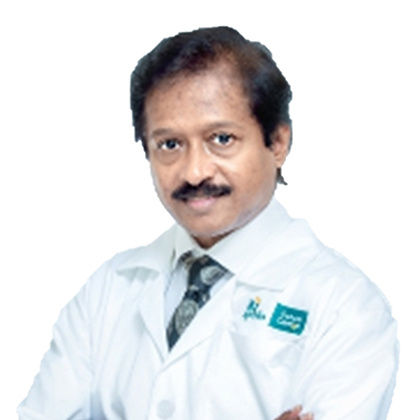
Dr. Rakesh Gopal
Cardiologist
22 Years • “ Trained in Trans Aortic Valve Implantation ( TAVI ) from Mehmet Akif Ersoy Hospital Istanbul, Turkey “ & MD (General Medicine), FRCP (Glasglow)DNB( Cardiology), FESC, HICR Cert (Harvard University, USA), Angioplasty Training from Washington Adventist Hospital USA, Asan Medical Centre, Seoul Korea, Board certified in Cardio Oncology, ICOS- USA
Chennai
Apollo Hospitals Greams Road, Chennai
(100+ Patients)
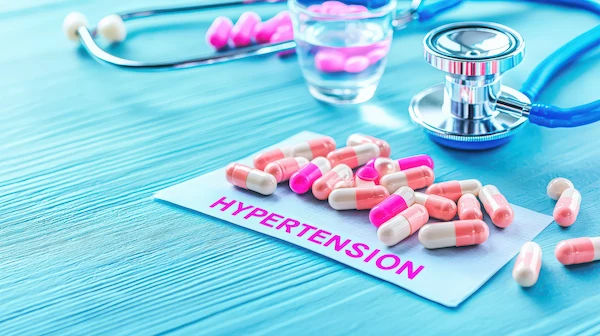
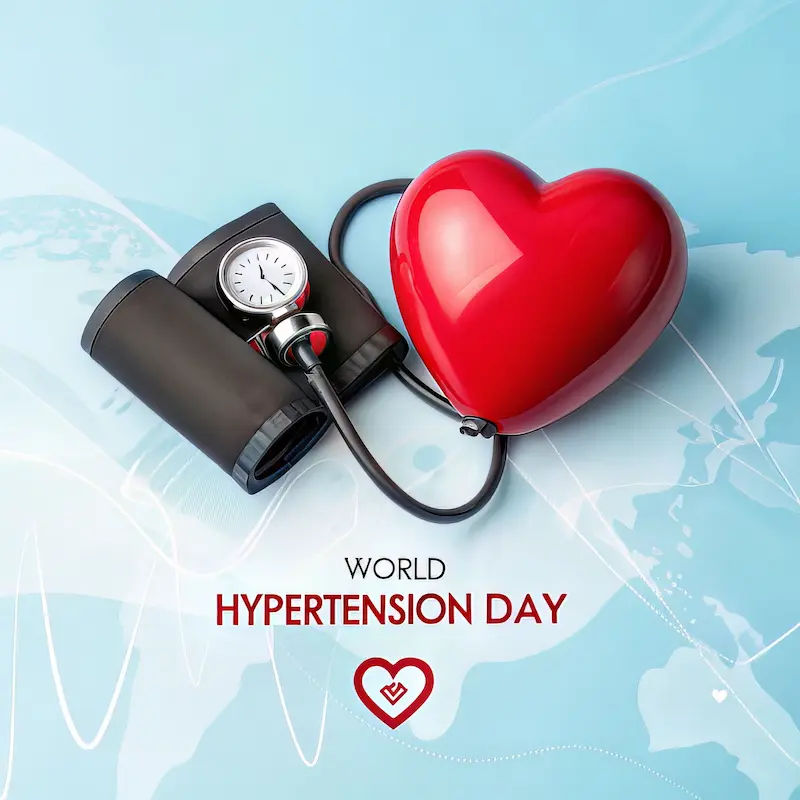
.webp)
